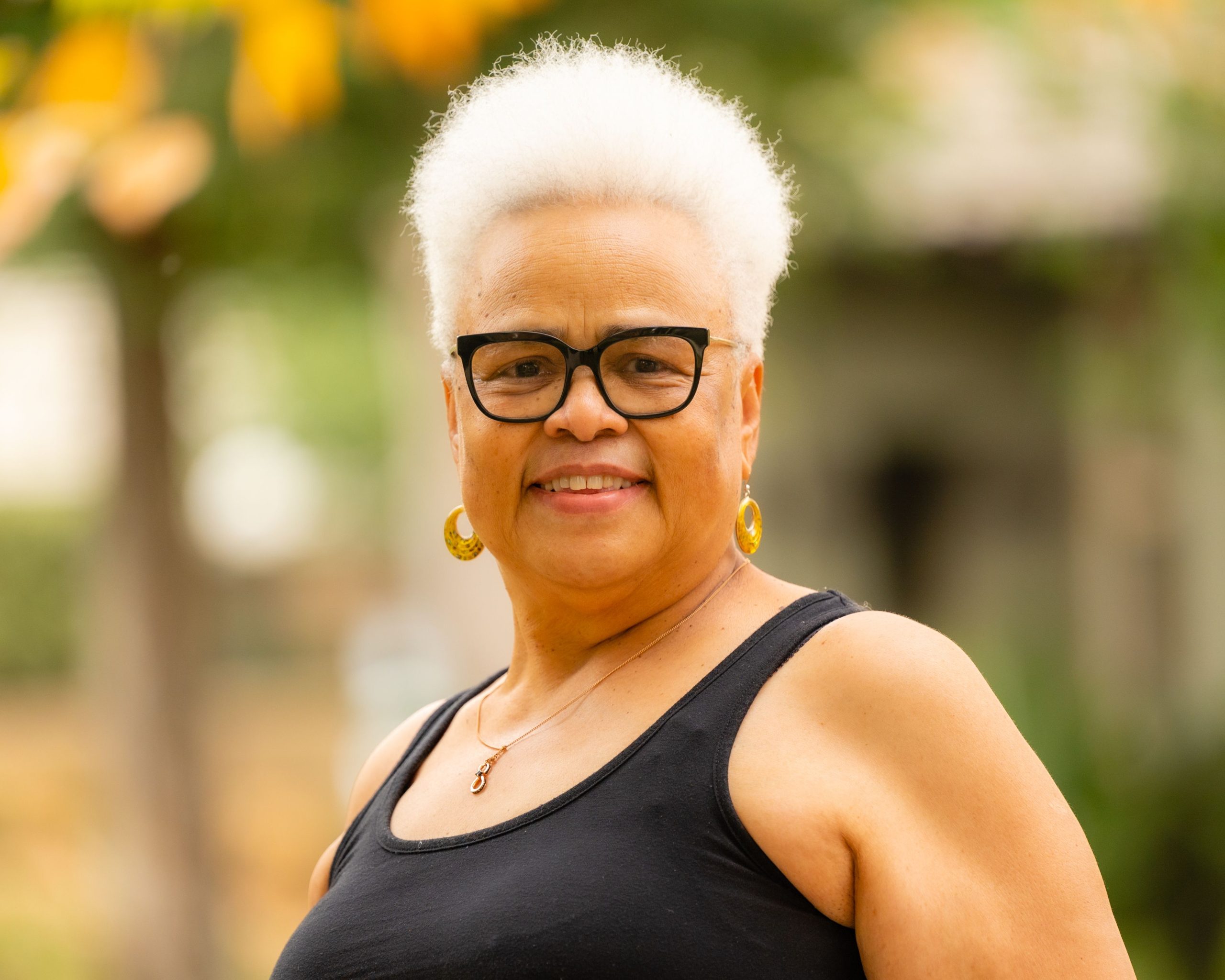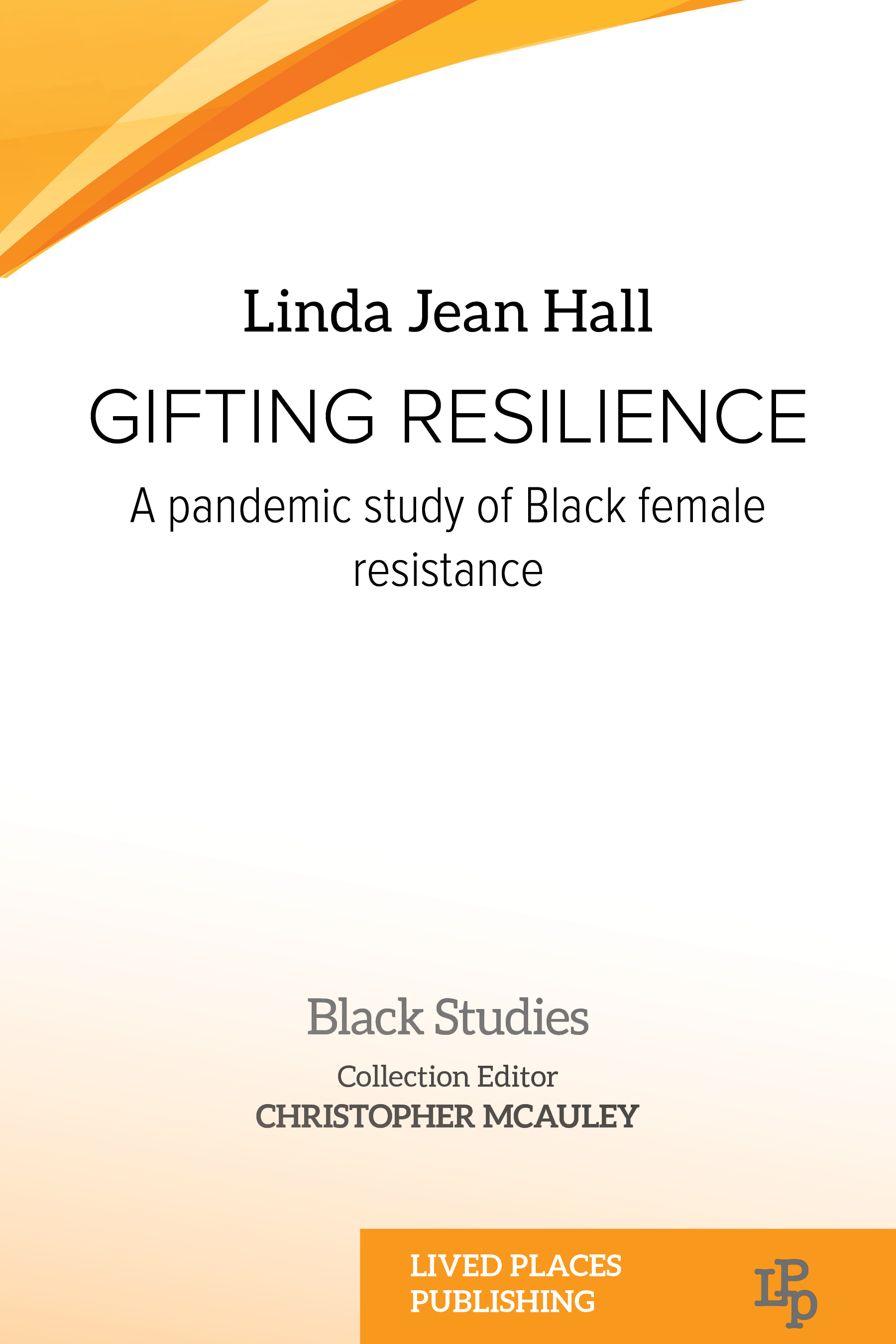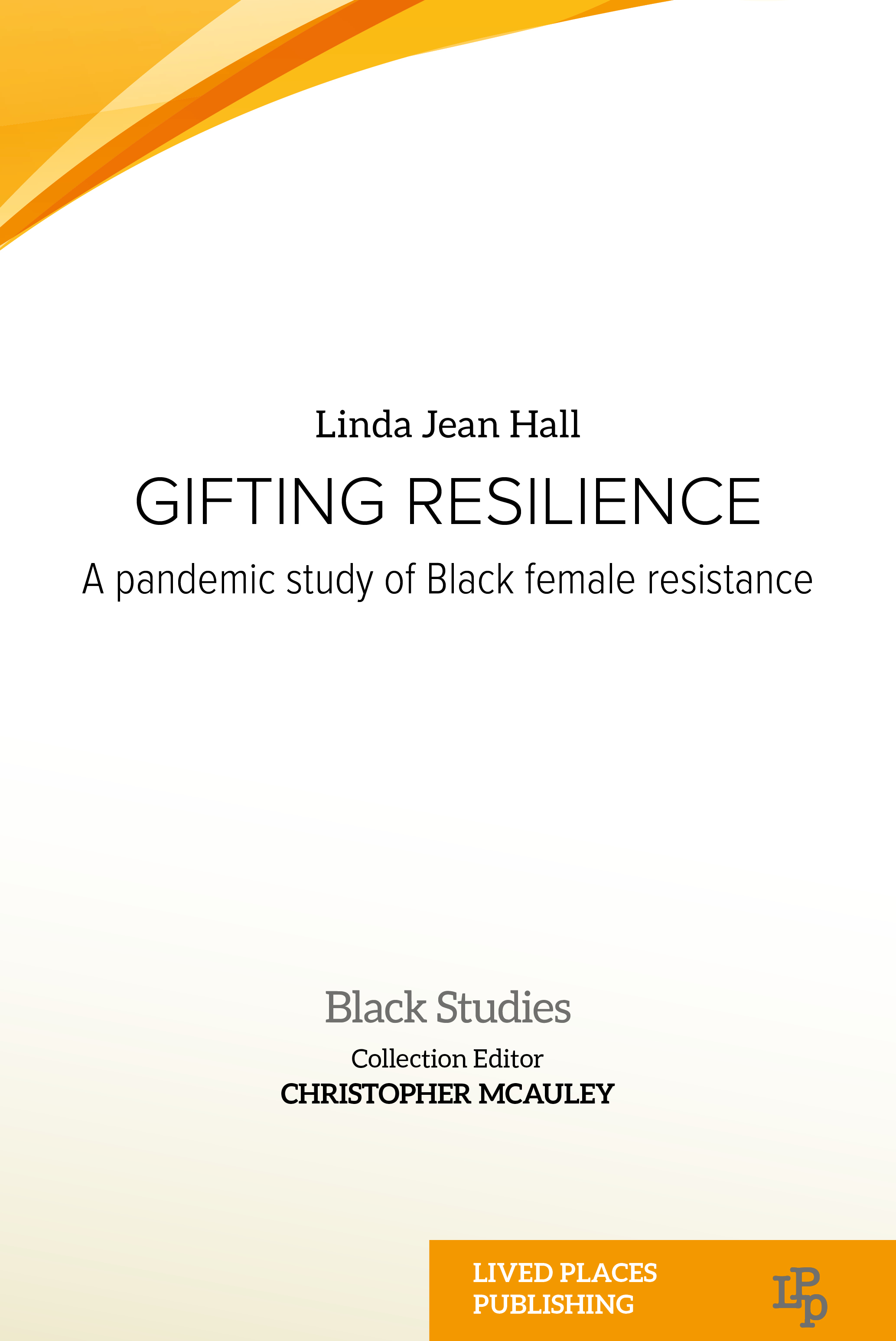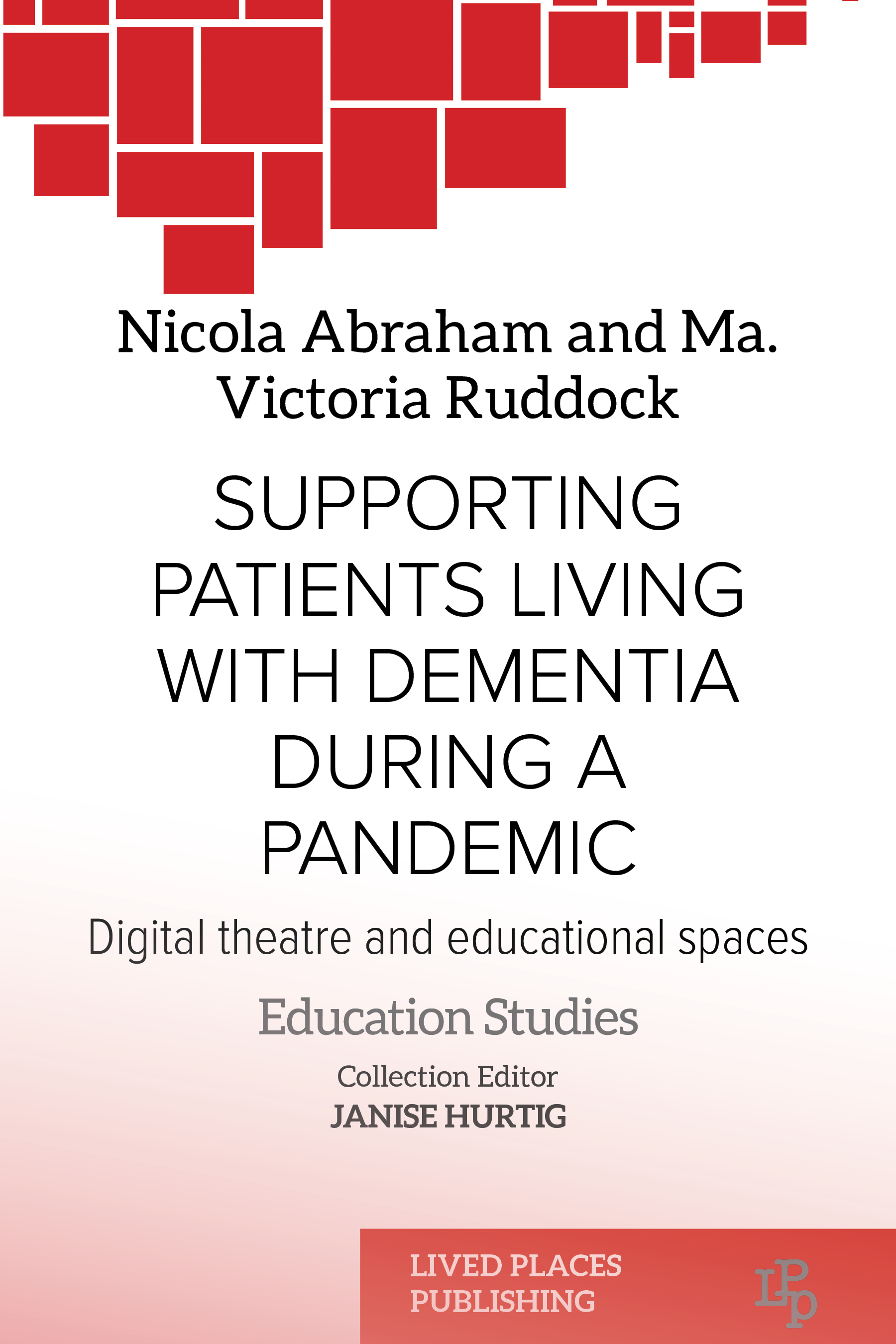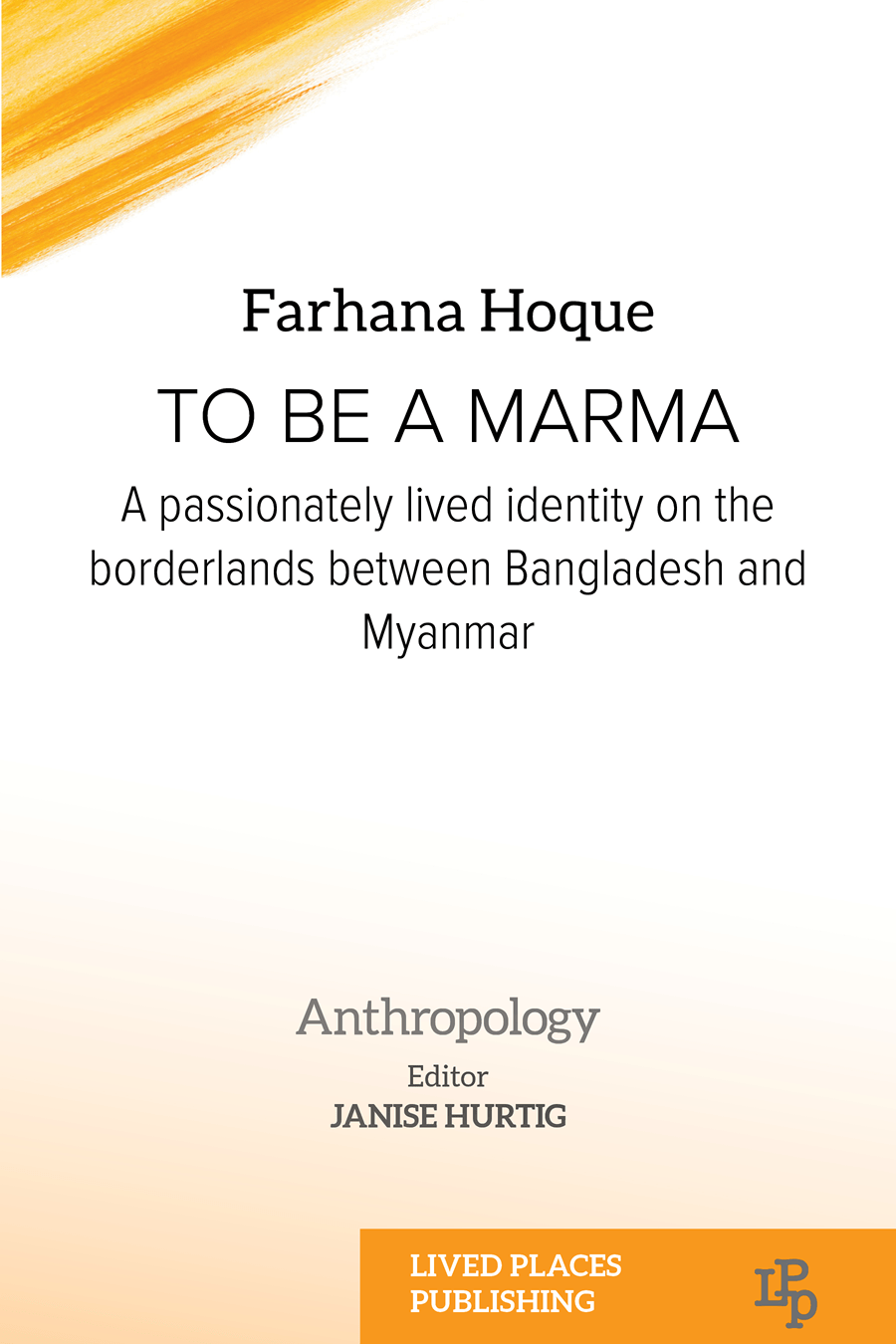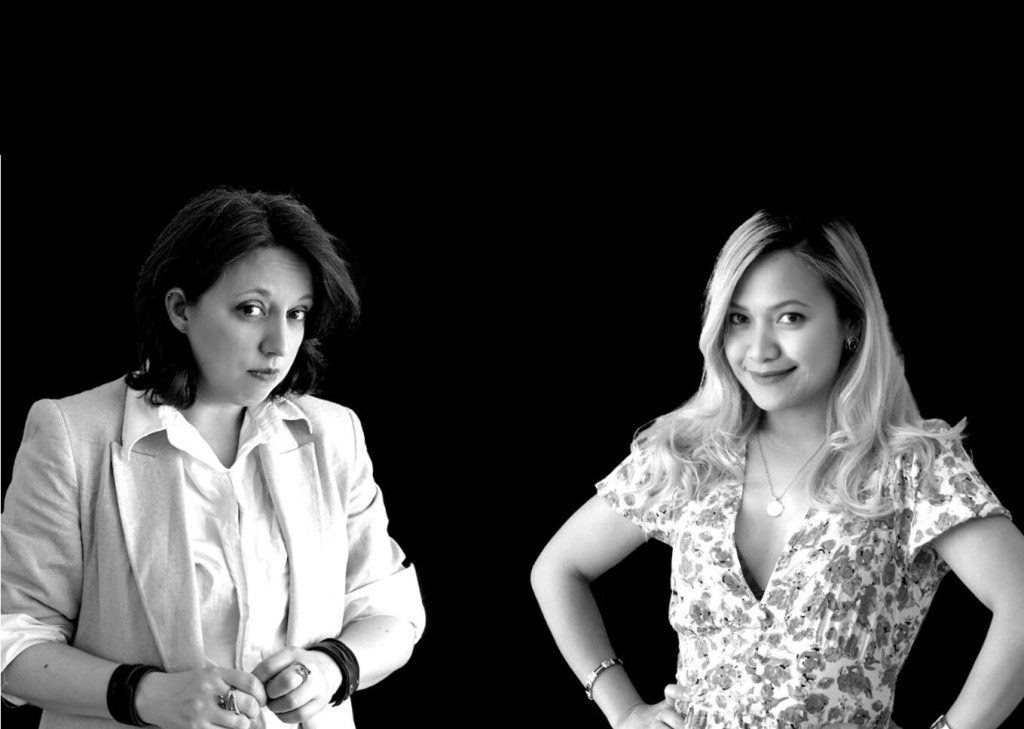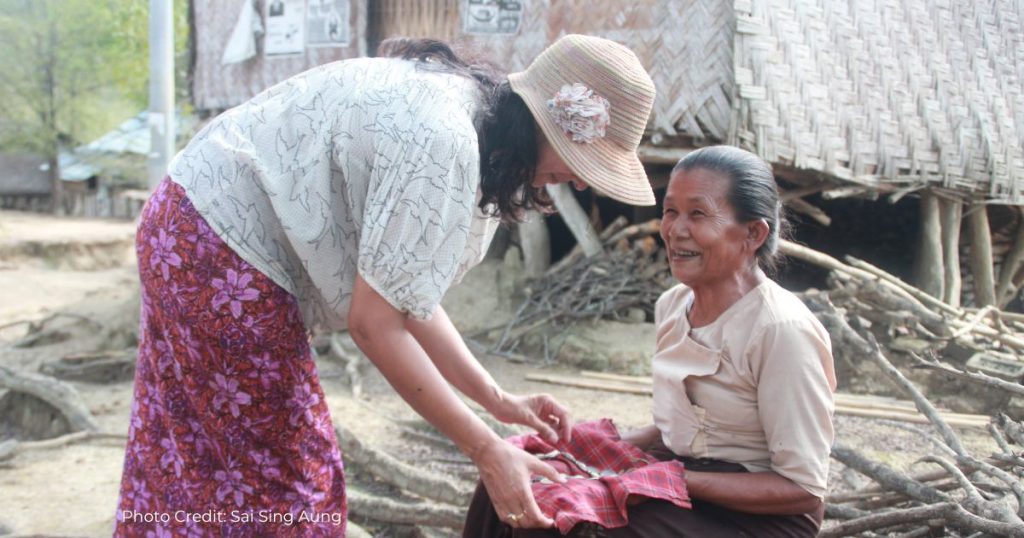By Dr Linda Jean Hall, anthropologist and Lecturer at the University of California, Riverside.
Finding oneself after COVID-19
As I taught classes at California Polytechnic State University during the early months of a global pandemic, I also struggled to launch a mentoring program. Multitasking teaching assignments and driving long distances to campus quickly vanished as this inspiring question – how we go about finding ourselves again after COVID – became the impetus to write Gifting Resilience. The latter part of 2019, I began to establish a collaborative undergraduate mentoring program that would involve faculty and students from CPP and the University of California Riverside (UCR). Key faculty from these institutions were enthusiastically participating as part of the founding board, and during February 2020, I turned my attention to attracting seed monies to support the project. I viewed the mentoring initiative as an opportunity to serve underrepresented students, and also as something which might enable me to break free from the demeaning peonism of teaching as a lecturer.
The fear of impoverishment, accompanied by imposter syndrome, mark for me a lifetime during which there have been only a few brief periods in which I dared to feel stable and content. April 2020, I naively believed that the sacrifices I had made to achieve a doctorate would liberate me from the need to worry about the unavoidable impact on my professional life of my gender and phenotypical Blackness . Many delusions – and too often, generalizations – exist in the social sciences to define the complexities present in this space known as Afro diasporic identity. As COVID’s demand to sequester increased the months of social isolation, I adopted as a legacy project the task of memorializing my unique place of varied lived experiences – the result of which is my latest book, A pandemic study of Black female resistance.
Committing to complete a task is just the beginning of any challenge. The mentoring initiative slowly fizzled-out by mid-2020, as the pandemic began to resemble all the previous periods of fear-laced emotional pestilence that had shaped my life. Discovering the similarities and restrictions produced a narrative, and the act of writing and teaching online in an atmosphere that demanded patience and compassion inspired the creation of another mentoring project. While the months of isolation provided multiple incentives and an abundance of time to create, I relied heavily on a network of accomplished academic writers to pull out of the 300-page manuscript a central theme and title. The nexus of luminaries and the insightful editorial guidance of Chris McAuley helped me to identify the key issue of resilience. A strong pandemic-motivated desire to create a legacy as an act of giving-back prompted the creation of a title honoring the act of reciprocity. Gifting is now a personal mantra, and the objective of a Science and Technology (STS) initiative. I co-chair this project at UCR that has the objective of fostering collaborations that will facilitate the production of interdisciplinary-based knowledge amongst the humanities, hard sciences, and fine arts.
Anthropology and the fight for social equity
As an anthropologist, I view Anthropology as an ethnographic opportunity to record culture by observing and documenting the complexities that define neoliberal social imbalance. My lived experiences as a descendant of African heritage in North and South America, and a strong foundation in ethnographic methods and methodologies, inform the ways that I teach, write, and practice active and transdisciplinary Cultural Anthropology. Gifting Resilience speaks to the genesis of a body of work challenging ill-conceived concepts such as racial difference within the dynamic and intersecting domains of societal change, environmental justice, and technological innovation. The legacy STS seminal organization at UCR promotes the gifting of knowledge across the silos of disciplines to investigate Anthropocene imbalance due to the processes of globalization, immigration, inadequate healthcare, and forms of technological development.
I enjoy being an anthropologist! My realistic goal is to continue to do research, teach, and write about the lived experiences of African descendants and members of other transnational multi-ethnic and diasporic populations. I never imagined myself to be a teacher, and I see it as a blessing that I’ve been given the opportunity to motivate and inspire students. Gifting Resilience is technically an autoethnographical analysis. As such, it serves to memorialize seldom researched places and spaces within a neoliberal context marked by waves of recessions, inflations, wars, and the pitfalls of affirmative action. The book serves its mission to be a teaching tool about confronting the fears that influence identity construction. Gifting Resilience accomplishes this task by elucidating the late 20th century and early 21st century lived experience of a Black American influenced by pandemics of anguish and related periods of rejuvenation.
Gifting resilience: A pandemic study of Black female resistance by Dr Linda Jean Hall is out now, in ebook and paperback.
You can buy it direct from the publisher or from Amazon, or contact us to discuss institutional licensing for your university, organisation, or library.
We want our books to be available to as many people as possible. If you’d like to purchase an individual copy, please email us and we’ll give you a discount code:

